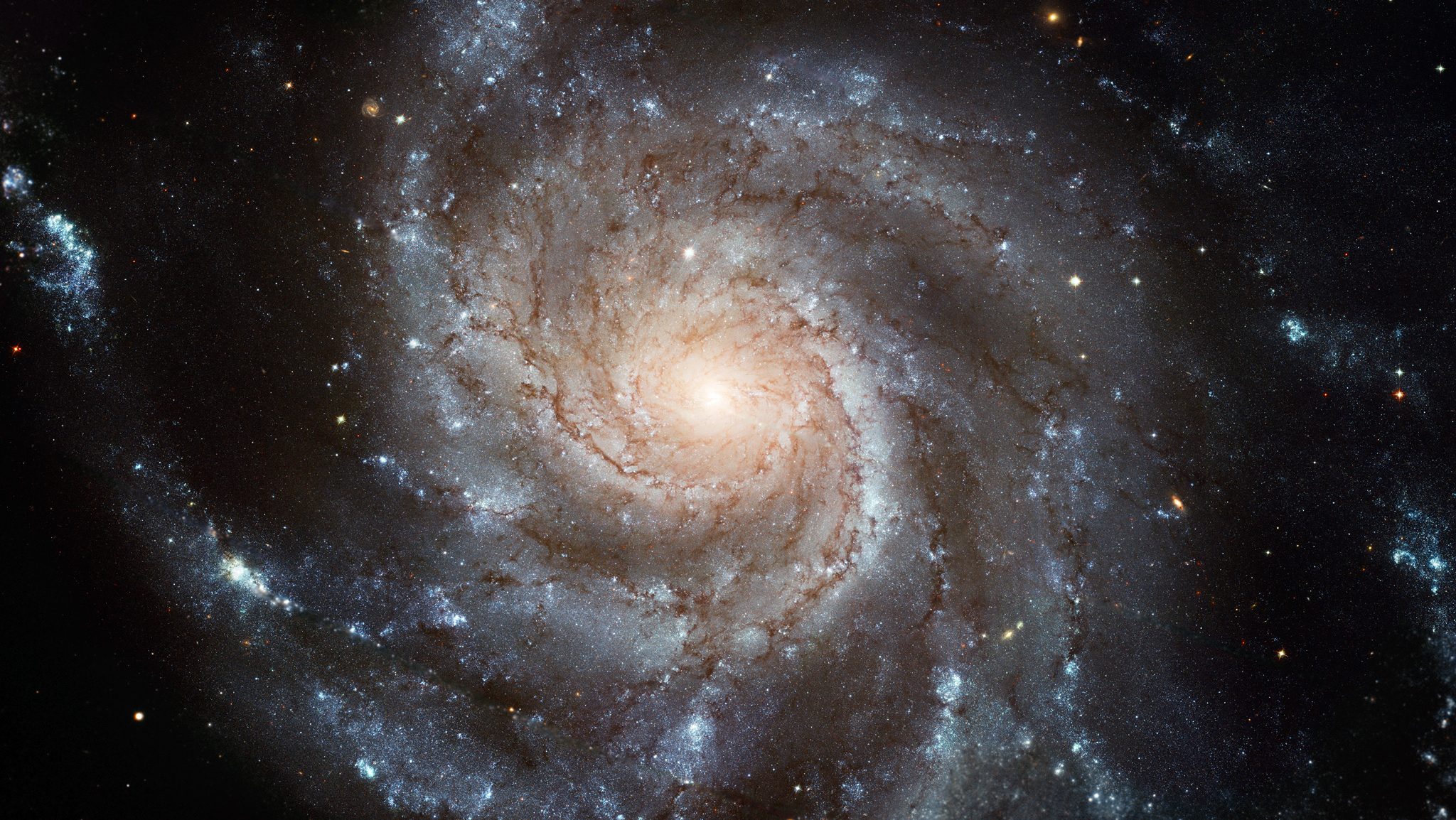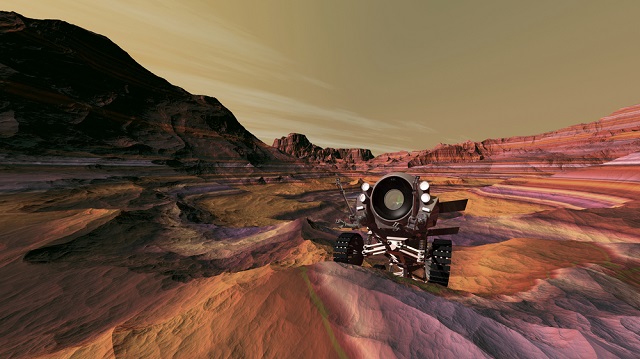Would You Visit A National Park On The Moon?

What’s the Latest Development?
This month, Rep. Donna Edwards (D-MD) introduced a bill in Congress that would make the landing site of the 1969 Apollo 11 mission a national historical site. According to Edwards, the Apollo Lunar Landing Legacy Act would help preserve the location for future generations “as spacefaring commercial entities and foreign nations begin to achieve the technical capabilities necessary to land spacecraft on the surface of the moon.” One response came last week from Citizens Against Government Waste, which gave Edwards a “Porker of the Month” award “for engaging in sheer ‘lunarcy’.”
What’s the Big Idea?
While historic preservation is certainly important, and concerns around a private mission carelessly desecrating the Apollo 11 landing site are valid, it’s highly unlikely that the US will try to claim the area as its own. Michael Listner, founder of New Hampshire-based Space Law and Policy Solutions, says the creation of national parks “requires sovereign control over the real property…Since the Outer Space Treaty prohibits sovereign claims over the moon, any attempt to create a National Park…will fail.” However, novelist Homer Hickam, whose latest book includes lunar tourism, is all for the idea. “To hell with any past agreements we’ve had…they are passé. That’s sacred American soil as far as I’m concerned.”





